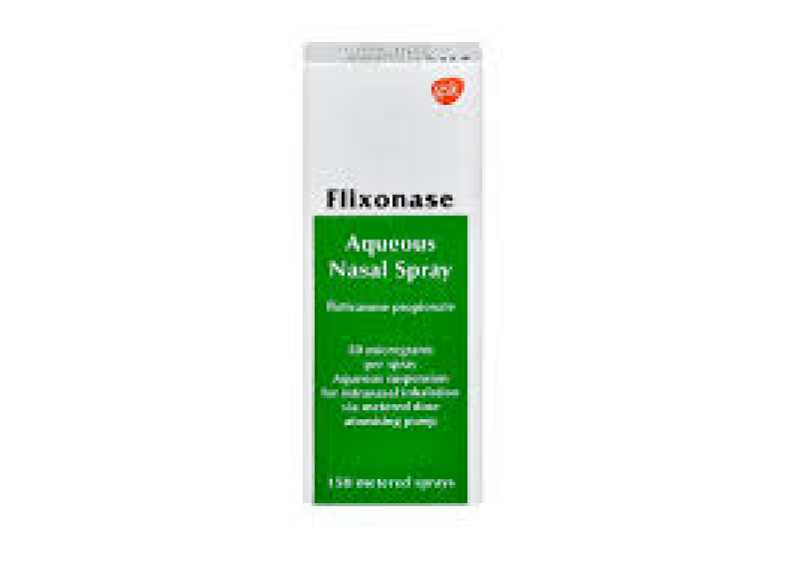Allergy Nasal Spray is used to treat both seasonal and year-round allergies (known as allergic rhinitis), including hay fever.
Allergic rhinitis is not curable. However, its symptoms can be effectively managed with the appropriate treatment. Using steroid nasal sprays, like Allergy Nasal Spray, inhibits the immune system’s inflammatory response to allergens. This action prevents allergy symptoms such as sneezing, itchiness and a blocked or runny nose from developing.
Allergic rhinitis is caused by a hypersensitive immune system. When a harmless allergen enters the nasal passage, the immune system rejects it, believing the allergen to be a dangerous invader, such as a virus. To guard against this phantom infection, the body will start to produce excess mucus.
Allergens most likely to trigger a bout of allergic rhinitis are pollen, pet fur, dust mites, and mould spores.
Unlike other allergy nasal sprays, Allergy Nasal Spray can also help to relieve eye-related allergy symptoms.
Allergy Nasal Spray will take a few days to achieve its full effect. If possible, you should start treatment a few days before you expect to come into contact with allergens such as pollen.
For adults treating hay fever, the usual dose of Flixonase nasal spray is two sprays in each nostril once daily, preferably in the morning; once symptoms are controlled, this can be reduced to one spray in each nostril once daily, and you should not exceed four sprays per nostril per day.
Common side effects of Flixonase nasal spray in adults include:
Nosebleeds
Irritation or dryness in the nose or throat
Unpleasant taste or smell
Headache
Less common but more serious side effects can include:
Nasal septum perforation (rare, with long-term use)
Increased risk of infections
Eye problems such as glaucoma or cataracts (with prolonged use)
Slowed wound healing in the nose
If you experience persistent nosebleeds, eye pain, vision changes, or signs of an infection, stop using the spray and consult a doctor.
Got it — here’s a clean version focusing **specifically on the “Cautions and Warnings”** for **Flixonase Nasal Spray (Adults)** in a straightforward style:
Cautions and Warnings for Flixonase Nasal Spray (Adults)
Do not exceed the recommended dose. Overuse can increase the risk of side effects such as nosebleeds or nasal damage.
Use regularly for best results. It may take several days for the full effect to develop.
Do not use if you have a nasal infection, recent nasal surgery, or nasal injury unless a doctor advises otherwise.
Use with caution if you have glaucoma or cataracts. Long-term use may worsen certain eye conditions.
May slightly weaken the immune response in the nose, which can increase the risk of local infections.
Consult your doctor before use if you are using other corticosteroid medicines (inhaled, oral, or topical).
Do not use for more than 3 months without medical supervision.
Stop using and seek medical advice if you have frequent nosebleeds or if nasal discomfort gets worse.
Always read the patient information leaflet and consult your doctor or pharmacist if you are unsure.





